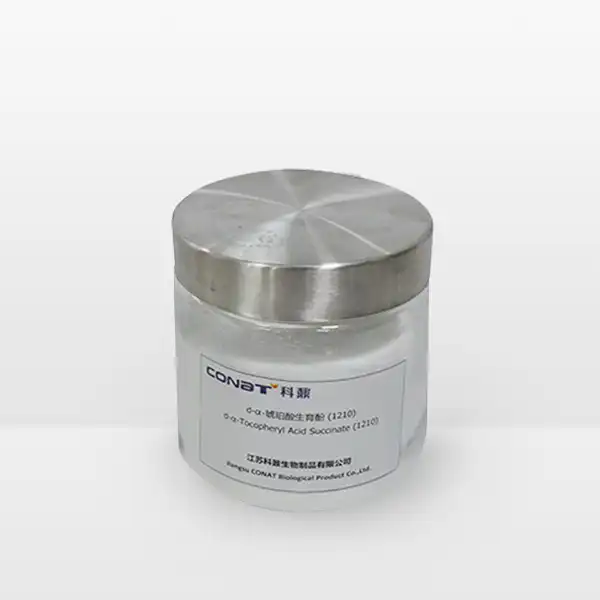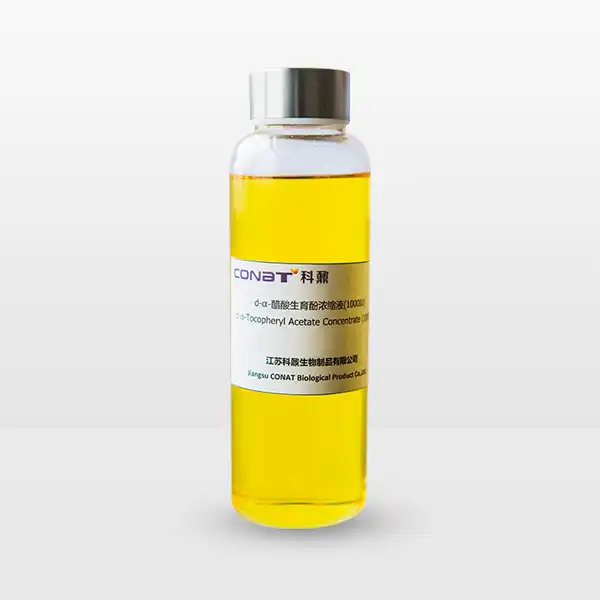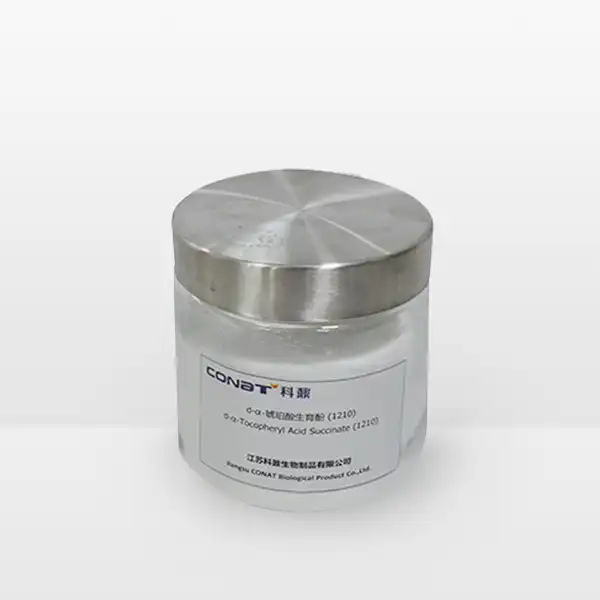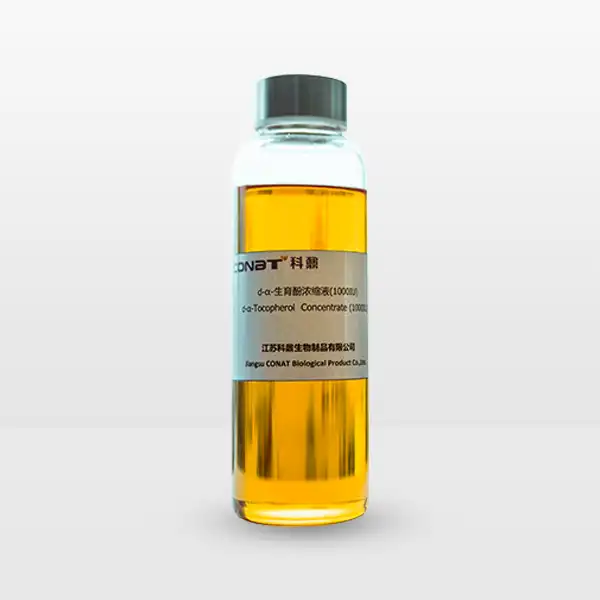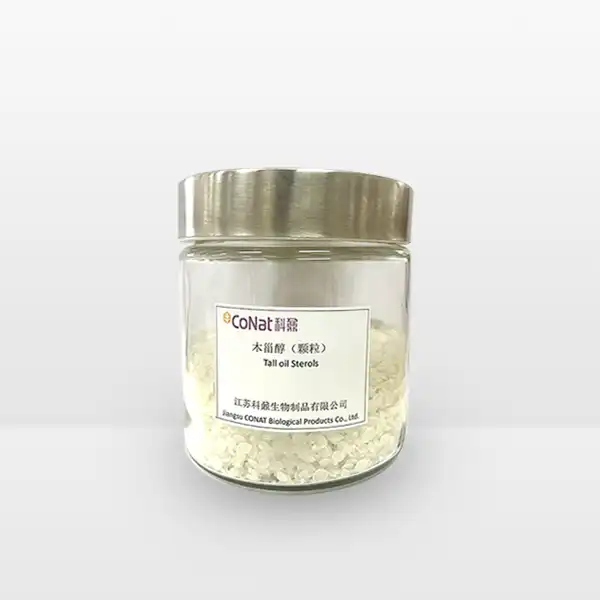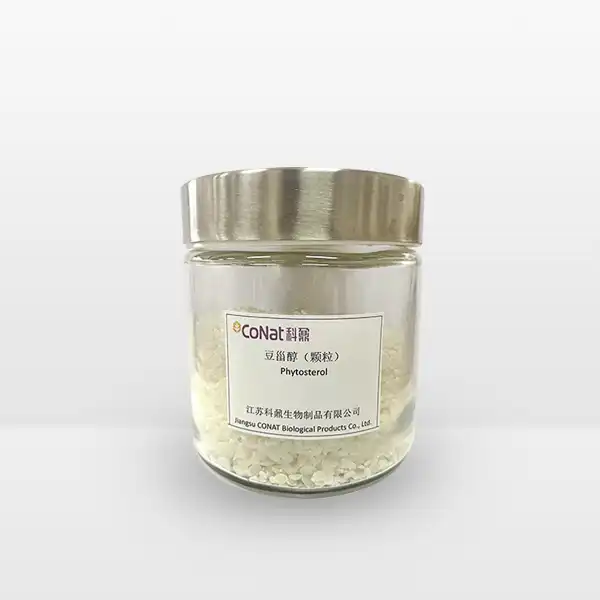- English
- French
- German
- Portuguese
- Spanish
- Russian
- Japanese
- Korean
- Arabic
- Greek
- German
- Turkish
- Italian
- Danish
- Romanian
- Indonesian
- Czech
- Afrikaans
- Swedish
- Polish
- Basque
- Catalan
- Esperanto
- Hindi
- Lao
- Albanian
- Amharic
- Armenian
- Azerbaijani
- Belarusian
- Bengali
- Bosnian
- Bulgarian
- Cebuano
- Chichewa
- Corsican
- Croatian
- Dutch
- Estonian
- Filipino
- Finnish
- Frisian
- Galician
- Georgian
- Gujarati
- Haitian
- Hausa
- Hawaiian
- Hebrew
- Hmong
- Hungarian
- Icelandic
- Igbo
- Javanese
- Kannada
- Kazakh
- Khmer
- Kurdish
- Kyrgyz
- Latin
- Latvian
- Lithuanian
- Luxembou..
- Macedonian
- Malagasy
- Malay
- Malayalam
- Maltese
- Maori
- Marathi
- Mongolian
- Burmese
- Nepali
- Norwegian
- Pashto
- Persian
- Punjabi
- Serbian
- Sesotho
- Sinhala
- Slovak
- Slovenian
- Somali
- Samoan
- Scots Gaelic
- Shona
- Sindhi
- Sundanese
- Swahili
- Tajik
- Tamil
- Telugu
- Thai
- Ukrainian
- Urdu
- Uzbek
- Vietnamese
- Welsh
- Xhosa
- Yiddish
- Yoruba
- Zulu
What is Natural Vitamin E Extract?
Natural vitamin E extract is a potent antioxidant derived from vegetable oils, primarily sourced from wheat germ, sunflower seeds, and soybean oils. Unlike its synthetic counterpart, natural vitamin E extract exists in a single form known as d-alpha-tocopherol, which is more bioavailable and better absorbed by the human body. This essential nutrient plays a crucial role in protecting cells from oxidative stress, supporting immune function, and maintaining healthy skin and vision.
What are the Benefits of Natural Vitamin E for Skin Health?
Natural vitamin E extract has earned its reputation as a powerful ally in skincare, thanks to its exceptional antioxidant properties and ability to penetrate deep into the skin layers. When applied topically or consumed through supplements, vitamin E works at the cellular level to protect and rejuvenate skin tissue. The vitamin's molecular structure allows it to integrate seamlessly with the skin's natural lipid barrier, providing both immediate and long-term benefits for skin health.
Research has shown that natural vitamin E's antioxidant properties help neutralize free radicals that cause premature aging and skin damage. These free radicals, generated by exposure to UV radiation, pollution, and other environmental stressors, can break down collagen and elastin, leading to wrinkles and loss of skin elasticity. Vitamin E intervenes in this process by donating electrons to stabilize these harmful molecules, effectively preventing cellular damage.
Furthermore, natural vitamin E extract enhances the skin's moisture retention capabilities by strengthening the skin barrier function. This improved hydration leads to plumper, more resilient skin that's better equipped to maintain its natural repair processes. Studies have demonstrated that vitamin E can help reduce the appearance of scars and stretch marks by promoting healthy cell regeneration and supporting the skin's natural healing mechanisms.
The vitamin also works synergistically with other antioxidants, particularly vitamin C, to provide enhanced photoprotection against UV damage. While not a replacement for sunscreen, vitamin E can help boost the skin's natural defense mechanisms against sun damage when used as part of a comprehensive skincare routine. This combination of protective and regenerative properties makes natural vitamin E extract an invaluable ingredient in both preventive skincare and treatment protocols.
How Does Natural Vitamin E Compare to Synthetic Vitamin E?
The distinction between natural and synthetic vitamin E extends far beyond their chemical nomenclature. Natural vitamin E (d-alpha-tocopherol) exhibits significantly higher biological activity and absorption rates compared to its synthetic counterpart (dl-alpha-tocopherol). This fundamental difference stems from their molecular structures and the way our bodies recognize and utilize these compounds.
Natural vitamin E extract consists of a single isomer that perfectly matches the specific molecular configuration our bodies are designed to use. This natural form is estimated to be approximately twice as bioavailable as synthetic vitamin E, meaning the body can absorb and utilize it more efficiently. Research has shown that natural vitamin E remains in the bloodstream longer and accumulates more effectively in tissues compared to synthetic versions.
The superiority of natural vitamin E is particularly evident in its antioxidant capacity. Studies have demonstrated that natural d-alpha-tocopherol is 49% more potent in its antioxidant activity than synthetic dl-alpha-tocopherol. This enhanced antioxidant power translates to better protection against oxidative stress and more effective support for various biological functions, including immune system response and cellular repair mechanisms.
Additionally, natural vitamin E extract contains beneficial cofactors and other tocopherols that work synergistically to enhance its overall therapeutic effects. These accompanying compounds, which are absent in synthetic versions, contribute to the superior performance of natural vitamin E in supporting health and wellness. The presence of these cofactors also explains why natural vitamin E tends to be better tolerated by the body, with fewer instances of adverse reactions compared to synthetic alternatives.
What Natural Sources Provide the Highest Vitamin E Content?
Understanding the richest natural sources of vitamin E is essential for both manufacturers of vitamin E extracts and individuals seeking to optimize their dietary intake. The concentration and bioavailability of vitamin E vary significantly among different food sources, with certain plant-based oils and seeds leading the pack in terms of vitamin E content.
Wheat germ oil stands as the premier source of natural vitamin E, containing approximately 135 mg per 100g, making it the most concentrated natural source available. This is followed by sunflower seeds and almonds, which provide substantial amounts of vitamin E in readily accessible forms. Cold-pressed vegetable oils, particularly sunflower and safflower oils, also rank high among natural vitamin E sources, offering significant concentrations of this vital nutrient.
Beyond these primary sources, numerous other foods contribute meaningful amounts of natural vitamin E to the diet. Hazelnuts, peanuts, and avocados contain impressive levels of vitamin E, along with complementary nutrients that enhance its absorption and effectiveness. Green leafy vegetables, while not as concentrated as oils and seeds, provide vitamin E in combination with other antioxidants and phytonutrients that work synergistically to promote health benefits.
The bioavailability of vitamin E from these natural sources is influenced by various factors, including the presence of dietary fats, food preparation methods, and individual digestive efficiency. For example, consuming vitamin E-rich foods with a source of healthy fats can significantly improve absorption, as vitamin E is fat-soluble. Understanding these nuances is crucial for both supplement manufacturers and consumers looking to maximize the benefits of natural vitamin E intake.
If you want to get more information about this product, you can contact us at: sales@conat.cn.
References
1. Journal of Nutrition and Metabolism (2020). "Comparative Analysis of Natural and Synthetic Vitamin E Bioavailability."
2. American Journal of Clinical Nutrition (2021). "Natural Vitamin E: Mechanisms of Action and Health Benefits."
3. International Journal of Molecular Sciences (2022). "The Role of Vitamin E in Skin Health and Photoprotection."
4. Food Chemistry (2021). "Analysis of Vitamin E Content in Natural Food Sources and Extraction Methods."
5. Nutrition Reviews (2023). "Bioavailability and Absorption of Different Vitamin E Forms."
6. Journal of Agricultural and Food Chemistry (2022). "Natural Sources of Vitamin E: A Comprehensive Review."
7. Antioxidants & Redox Signaling (2021). "Antioxidant Properties of Natural Vitamin E Compounds."
8. Critical Reviews in Food Science and Nutrition (2023). "Impact of Processing on Vitamin E Content in Natural Sources."
9. European Journal of Nutrition (2022). "Comparison of Natural versus Synthetic Vitamin E in Human Health."
10. Advances in Nutrition (2023). "Current Understanding of Vitamin E's Role in Human Health and Disease Prevention."
